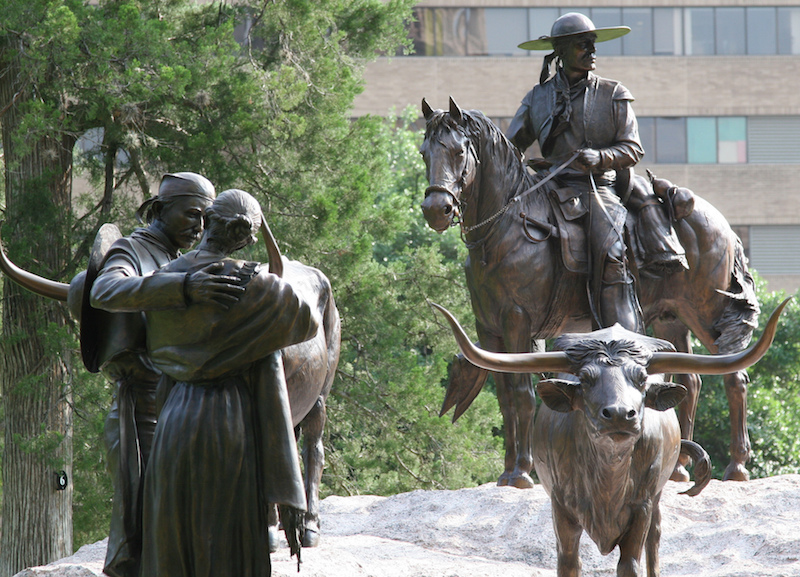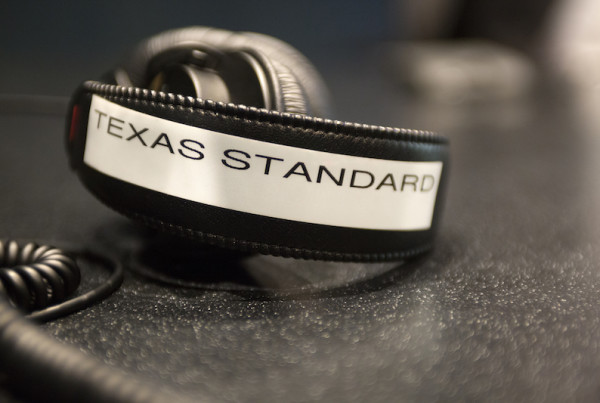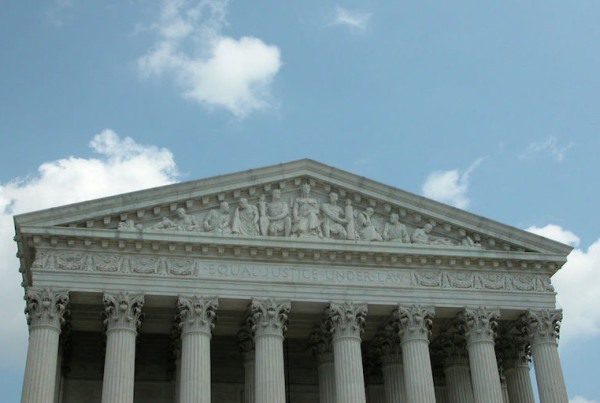If you’ve ever visited the State Capitol, you know one of the most stirring monuments is also one of the more recent. It’s the Tejano Monument on the south lawn. This week, in honor of the fourth anniversary of its unveiling, the Texas State Historical Association has taken the wraps off a monument of a more literary nature.
The Handbook of Tejano History is the culmination of a two-year effort, with more than 1,200 entries in all. Matt Abigail, assistant editor of the Handbook of Texas, says a section devoted to Tejano history seemed a natural fit alongside the Handbook’s other publications on African-American history in Texas, Texas music and Texas in the Civil War.
“It just seemed like the next step in that progression toward more inclusion of topics,” he says, “especially on underrepresented ethnic groups in Texas history.”
Some traditional definitions of Tejano have been limiting – a Texas resident of Mexican or criollo Spanish heritage.
“Some people try to apply geographic limitations to it or put it in certain time periods, but that’s tricky because the borders of Texas haven’t been constant and they’ve changed over the last 500 years,” he says. “The descendants of Spanish colonists and the indigenous peoples of Texas – they didn’t stop existing in, say, 1836. They’re still alive today and their descendants are still making an impact on Texas today.”
Abigail says Texans love a war hero and one stand-out Tejano is Marcelino Serna, one of the most decorated war heroes of World War I. Born outside Chihuahua City in Mexico, Serna emigrated to El Paso. Federal officials, in an attempt to verify his draft status, said he was exempt because he was a Mexican citizen, but Serna decided he wanted to serve anyway. He was awarded the U.S. Distinguished Service Cross and a French Croix de Guerre.
“One thing, though, that he wasn’t awarded was the Medal of Honor,” Abigail says. “A lot of people have thought that may have been because his commanding officers were either prejudiced or they didn’t want to give it to him because, at the time, he wasn’t a fluent English speaker.”
Even without the Medal of Honor, Serna is still considered one of the most decorated American soldiers in WWI. Acknowledging the stories of people like Serna, who was later given American citizenship, helps to remind people that the stories of Tejanos and Mexican-Americans are a vital part of Texas history.
“They deserve to be told not as separate from the main story of Texas history,” he says, “but as a part of it.”















